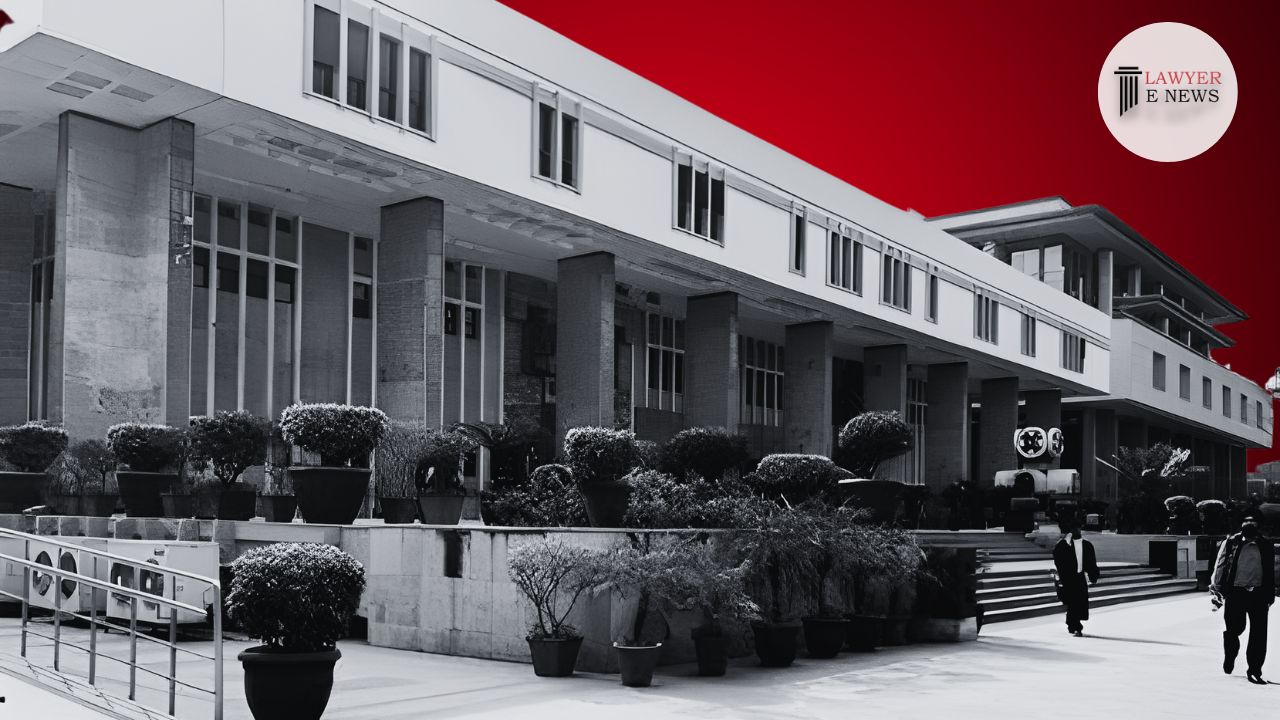-
by Admin
16 February 2026 1:47 PM



Delhi High Court, presided over by Hon'ble Ms. Justice Swarana Kanta Sharma, has laid down comprehensive guidelines for the recording of statements under Section 164 of the Criminal Procedure Code (Cr.P.C.) in cases of sexual assault. This decision comes as a significant step in enhancing the judicial handling of sensitive cases involving sexual violence.
The newly formulated guidelines focus on ensuring the authenticity and voluntariness of the victim's statement. Key aspects of these guidelines include:
Avoidance of Mechanical Recording: Statements should not be recorded mechanically or in a typed performa. Each victim's individuality and unique circumstances must be considered.
Ensuring Early and Proper Identification: The victim must be produced by the investigating officer before the magistrate at the earliest, and the officer should sign the record confirming the victim's identity.
Judging Competence: Magistrates should interact with the victim to determine their competence to depose and give rational answers, tailored to their age and educational background.
Voluntary Statements: It must be ascertained that the statement is being made voluntarily, without any threat, pressure, or influence.
Use of Vernacular Language: The statements and preliminary inquiries must be conducted in a language understood by the victim, avoiding stereotyped formats.
Accuracy in Narration: The victim's description of the assault should be recorded verbatim, ensuring an accurate representation of their testimony.
Certification by Magistrate: A certificate should be appended to the statement, confirming its voluntariness and authenticity.
In-Camera Recording: Signatures or thumb impressions must be taken within the chamber or room in the presence of the magistrate.
Recording in Victim's Language: The statement must be recorded in the language understood by the victim and should reflect this in the statement.
Justice Sharma emphasized the crucial role of magistrates in recording statements of sexual assault victims, stating, "The statement made by a victim under section 164(5A) of Cr.P.C. transcends its role as mere evidence; it stands as a testament to the profound agony the victim suffers from due to the wrongful actions of accused."
The guidelines highlight the need for ensuring that the statements are not recorded mechanically or in a typed performa. They stress the importance of understanding the victim's state of mind, ensuring voluntary statements without any pressure, and capturing the victim's narrative in their own words and language.
These directives come in the wake of a judgment involving the quashing of an FIR under Section 376 of the IPC in a case where subsequent marriage between the prosecutrix and the accused was under scrutiny. The Court found that the prosecutrix had not approached the police or the court with clean hands and that there were serious doubts about the validity of her marriage with the accused, which was solemnized after her conversion to Islam.
In addition to setting guidelines for recording statements, the Court also addressed the complexities involved in cases of religious conversion solely for marriage. The Court laid out comprehensive guidelines to ensure informed consent and understanding of the legal, religious, and marital consequences of conversion for inter-faith marriages.
This judgment is seen as a crucial development in the judicial approach towards cases of sexual violence and inter-faith marriages, aiming to bolster the fairness and integrity of the legal process. The decision has been welcomed by legal experts and activists alike, who see this as a progressive step towards a more sensitive and meticulous handling of sexual assault cases.
Date of Decision: 19.01.2024
MAKSOOD AHMAD VS STATE OF NCT OF DELHI & ANR.
